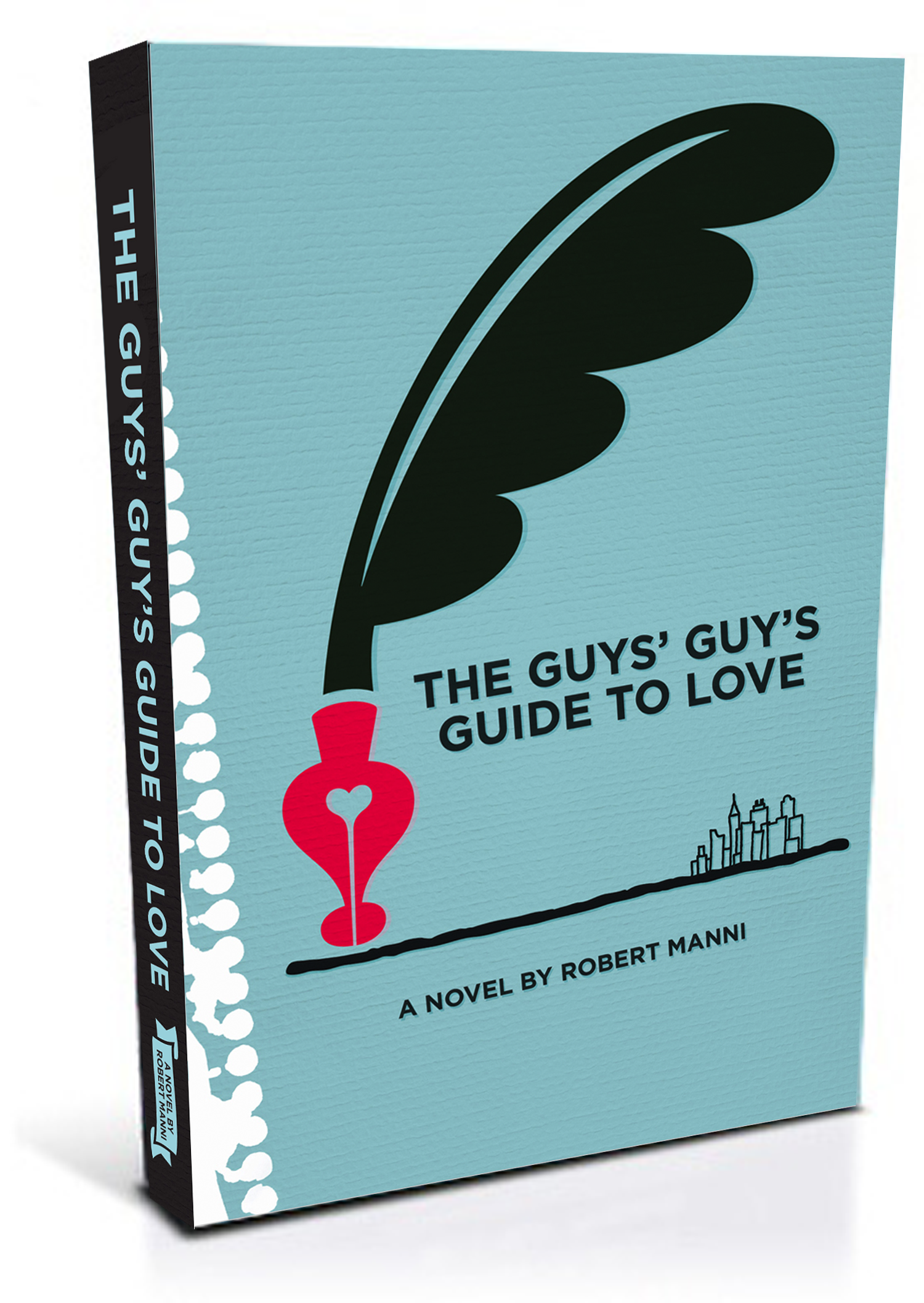In A Culture Built Around Judging, How Can We Possibly Get Along?

Turn on any media outlet and there is a show built around judging others.
When Survivor made its debut over ten years ago, the winning contestant was the person who demonstrated the best survival skills in the classic sense—successfully foraging for food in the jungle while avoiding getting nipped by a crocodile. Over time, the template seems to have changed to get rid of the most skilled contestant and form “alliances” that determine who will be the next person to be backstabbed by a small coalition of players who come together to destroy the others. Yes, watching the drama unfold can be fun, but I think you can see how the game has changed. And this mentality has permeated many other areas of our modern lives, for better, but mostly for worse.
Reality television keeps rolling throughout our culture.
Most reality shows fall into one of three categories—those featuring people we feel superior to (Swamp Brothers, Hillbilly Handfishing, Jersey Shore, Honey Boo Boo, Buckwild, and on and on) shows that make us aspire to live like the cast (Kim and Kourtney Take Miami, Vanderpump Rules, The Real Housewives of…, Top Chef, The Millionaire Matchmaker etc.), and the competition shows (Chopped, Cupcake Wars, Iron Chef, Amazing Race, American Idol, The Voice, etc.)What all of these media offerings have in common is that they are built around judgment. I hate her, his food sucks, what a loser, you’re chopped, and so on. It’s all about I win, you lose, he sucks, whatever. All of these programs are built around conflict, which is a core component of storytelling, but life is not all about conflict and our culture is more than a story.
How the culture of judging has embedded itself into our culture.
I’m as competitive as the next Guy’s Guy, but I prefer competition to result in growth and improvement. Competition in business is healthy. Consumers weigh in and companies launch or evolve their products. Most products are sold based on how they meet that consumer need. They usually stand on their own without trashing the competition. Sure in a few cases this has worked, but it has been done playfully as in the successful campaigns ads for 1800 tequila and Apple.
But it’s not quite the same nowadays with the people in business. People call when they need something. If not, it’s rare to hear from anyone or get a call back from even people you know. People are busy, but courtesy has taken a backseat to expediency and the new attitude of judging what’s in it for me? That’s a result of our judgmental culture. People too often see others as commodities and means for rewarding themselves, and that’s it. Friendships are few and loyalty has been reduced to a cherished and rare commodity.
Unfortunately, the excessive sniping and clawing and rejecting that predominates much of reality television permeates people’s behavior in the real world. The online dating world can be a cold place. You can dump someone without ever interacting with him or her again. Just delete them and move on. Feelings? What? Many online players are serial daters who are endlessly getting laid and trading up. His checklist and her checklist are all that matters. If you don’t stack up, you’re out. That’s just the way it is for many folks, but you do not have to live that way.
What can we do?
We all have free will and can chose to live life our own way. And that’s how it should be. Guy’s Guys and their female counterparts take the time to get to know people and are mindful about treating others with respect. It’s so easy to judge, but have you ever noticed the empty feeling inside when we trash another person? Yeah, we’ve all done it. The question to ask yourself is have you imagined yourself as the target of someone else’s judgments? Think about it next time you’re about to go negative.
Our Guy’s Guy of the Week is Thich Nhat Hahn—one of the most respected Zen masters in the world.
Are you doing what it takes to transcend our culture of judgments?







